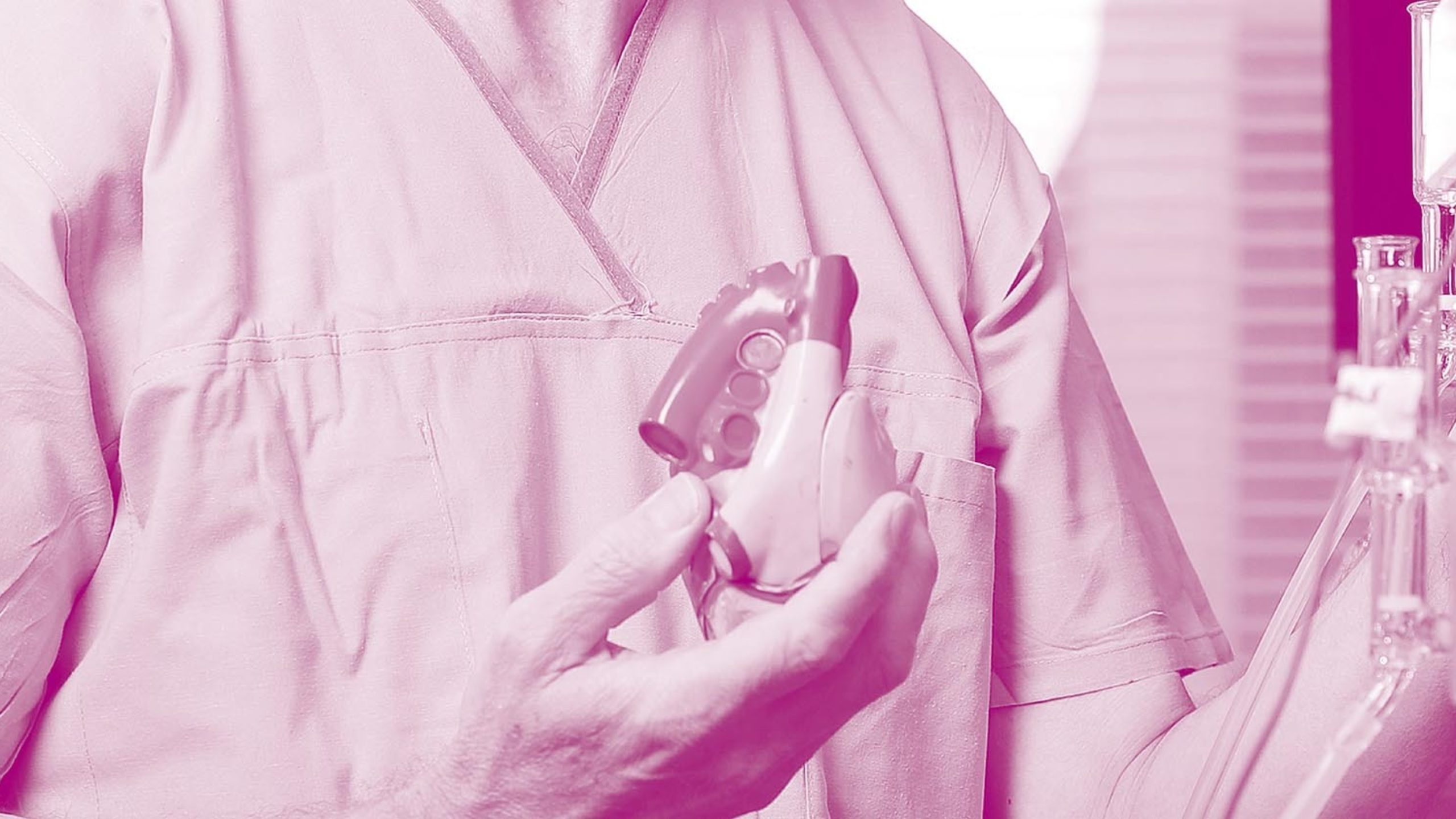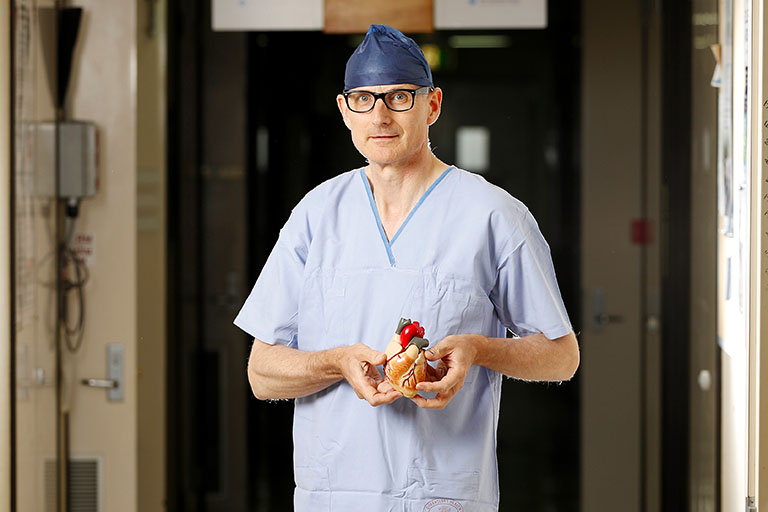
Let's Attack
Research Sample
Lorem ipsum dolor sit amet, consectetur adipiscing elit, sed do eiusmod tempor incididunt ut labore et dolore magna aliqua. Ut enim ad minim veniam, quis nostrud exercitation ullamco laboris nisi ut aliquip ex ea commodo consequat. Duis aute irure dolor in reprehenderit in voluptate velit esse cillum dolore eu fugiat nulla pariatur.
Lorem ipsum dolor sit amet, consectetur adipiscing elit, sed do eiusmod tempor incididunt ut labore et dolore magna aliqua.
Ut enim ad minim veniam, quis nostrud exercitation ullamco laboris nisi ut aliquip ex ea commodo consequat. Duis aute irure dolor in reprehenderit in voluptate velit esse cillum dolore eu fugiat nulla pariatur. Excepteur sint occaecat cupidatat non proident, sunt in culpa qui officia deserunt mollit anim id est laborum.

RECENT PROJECTS
Keeping donor hearts alive for longer
Preventing acute heart failure through new drug development
Reducing postoperative complications through improved graft storage
Keeping donor hearts alive for longer
Dr Louise See Hoe – Critical Care Research Group
This project is revolutionising the way that donated organs are transported, addressing one of the major challenges facing the transplant field.
Dr See Hoe has spent more than four years of pre-clinical research investigating the use of a novel hypothermic ex vivo perfusion (HEVP) device that allows a donor heart to be rejuvenated before surgery. Until now, a donor heart would be transported in an ice slush, a practice that has remained relatively unchanged for more than five decades. This only preserves the donor heart for around four hours before the quality of the heart decreases.
Louise’s research instead involves keeping the heart ‘alive’ via HEVP with a nutrient rich solution called perfusate. Perfusate has been described as a ‘high performance sports drink for the heart’. It keeps the heart muscle cool and supplies it with oxygen, extending the length of time the heart is viable. HEVP, therefore, allows donated hearts to travel further.
HEVP means that a donor heart can potentially be transported from Brisbane to Perth, and maybe even overseas. This work will improve the success of heart transplantation.
Preventing acute heart failure through new drug development
Melanie Spratt – PhD Candidate and member of the Cardiovascular Molecular Therapeutics Translational Research Group
Melanie’s research involves working on the use of different drugs to see if they can treat heart arrhythmias (irregular heartbeats). Arrhythmias are a life-threatening condition that people with existing heart conditions can experience, which can lead to sudden death. This project involves exposing tissue samples to phenytoin, a medication more commonly used as an anticonvulsant. It is hoped that soon new drug treatments will be able to be developed to save the lives of those with heart failure.
Reducing postoperative complications through improved graft storage
Dr Andrew Haymet – PhD candidate, Critical Care Research Group
Coronary artery bypass graft surgery (CABG) is a procedure used to treat people with coronary artery disease, a narrowing of the arteries which decreases the blood flow to the heart. If the artery becomes blocked completely it can cause a heart attack. One way to treat a blocked or narrowed artery is to bypass the part of the artery which is blocked with a piece of healthy blood vessel, referred to as a graft, taken from elsewhere in the body.
Dr Haymet is investigating a simple intervention of storing the grafts in a special solution to try to reduce the rates of early bypass graft failure which may lead to serious consequences such as a heart attack or a threatened leg.